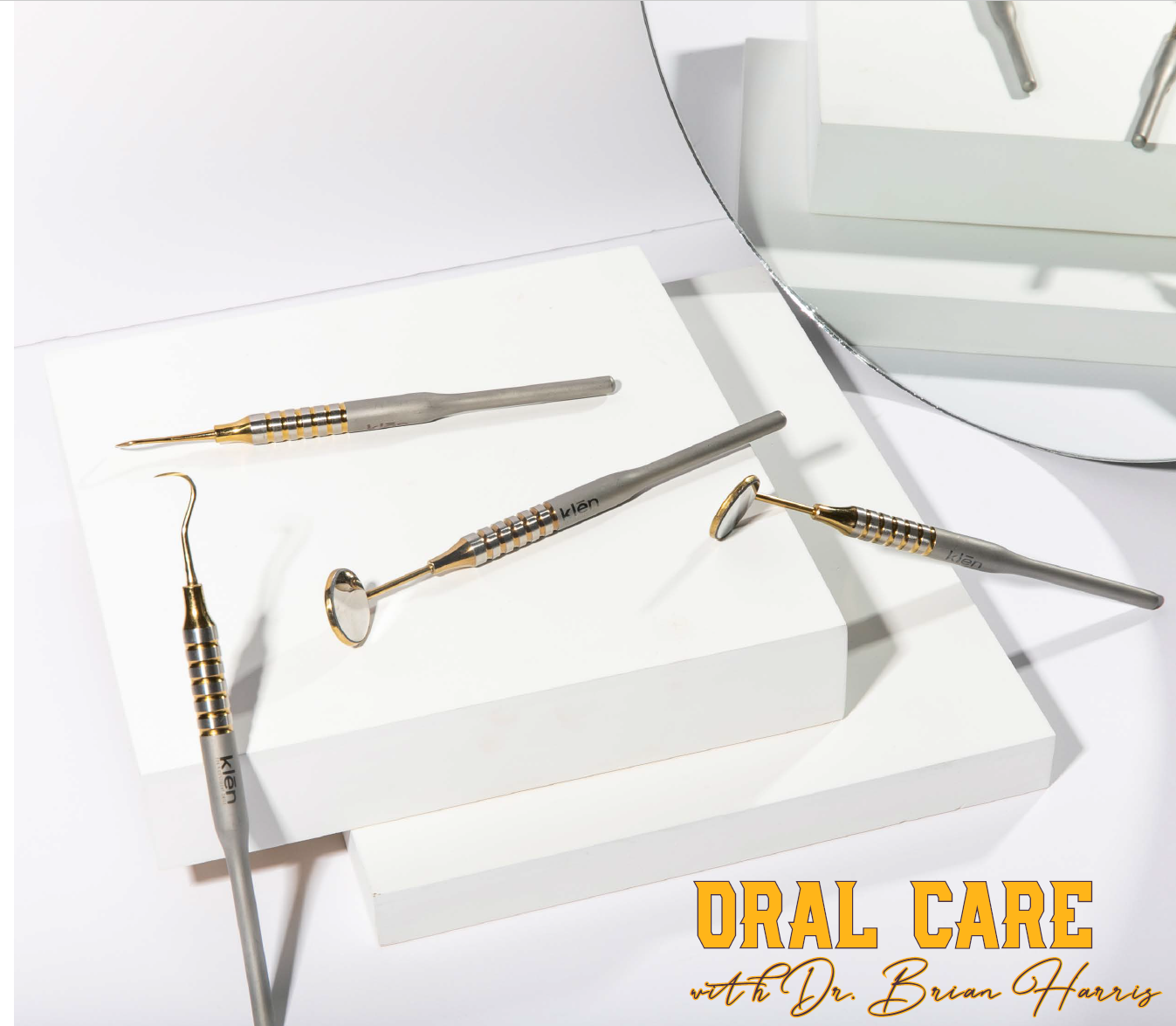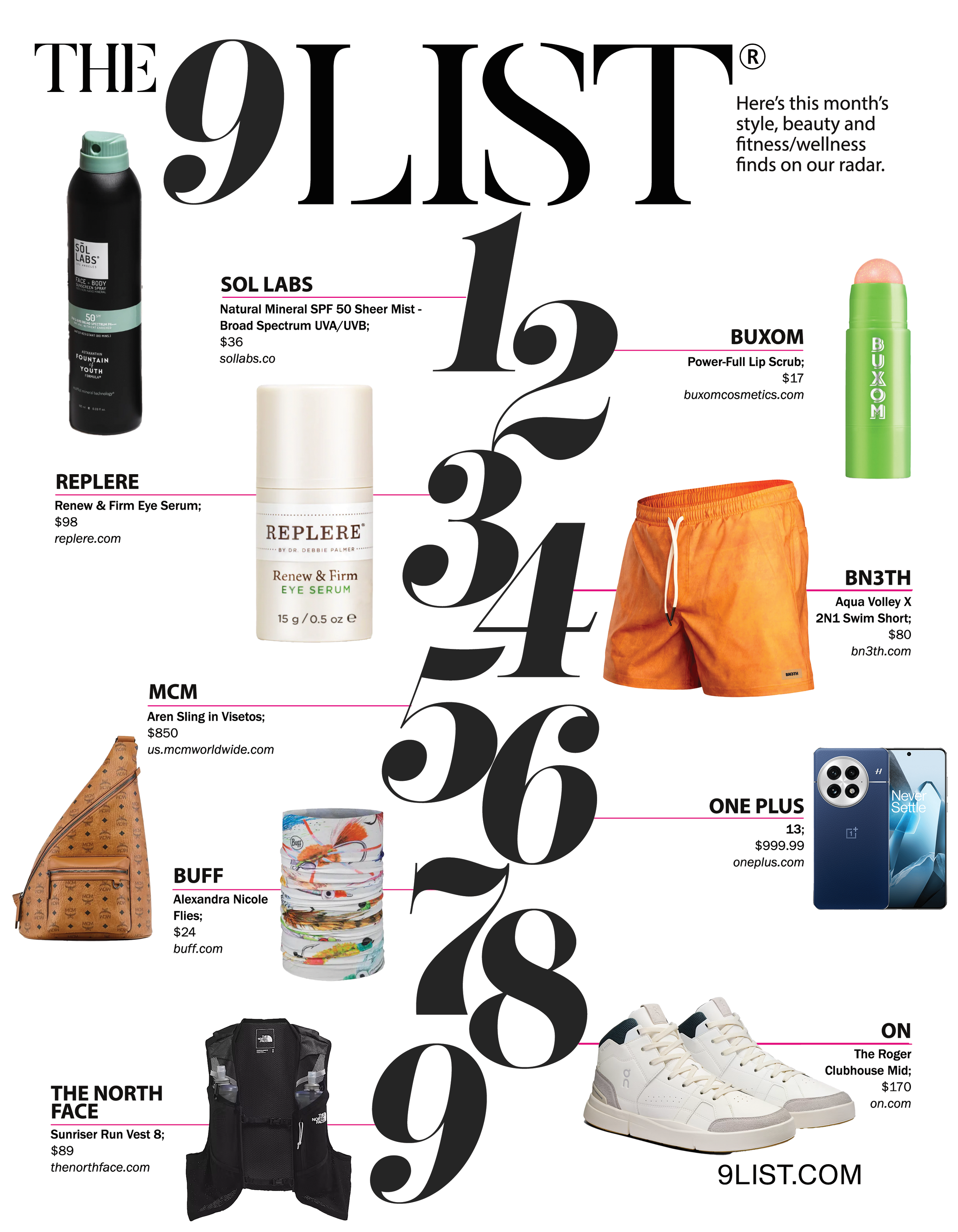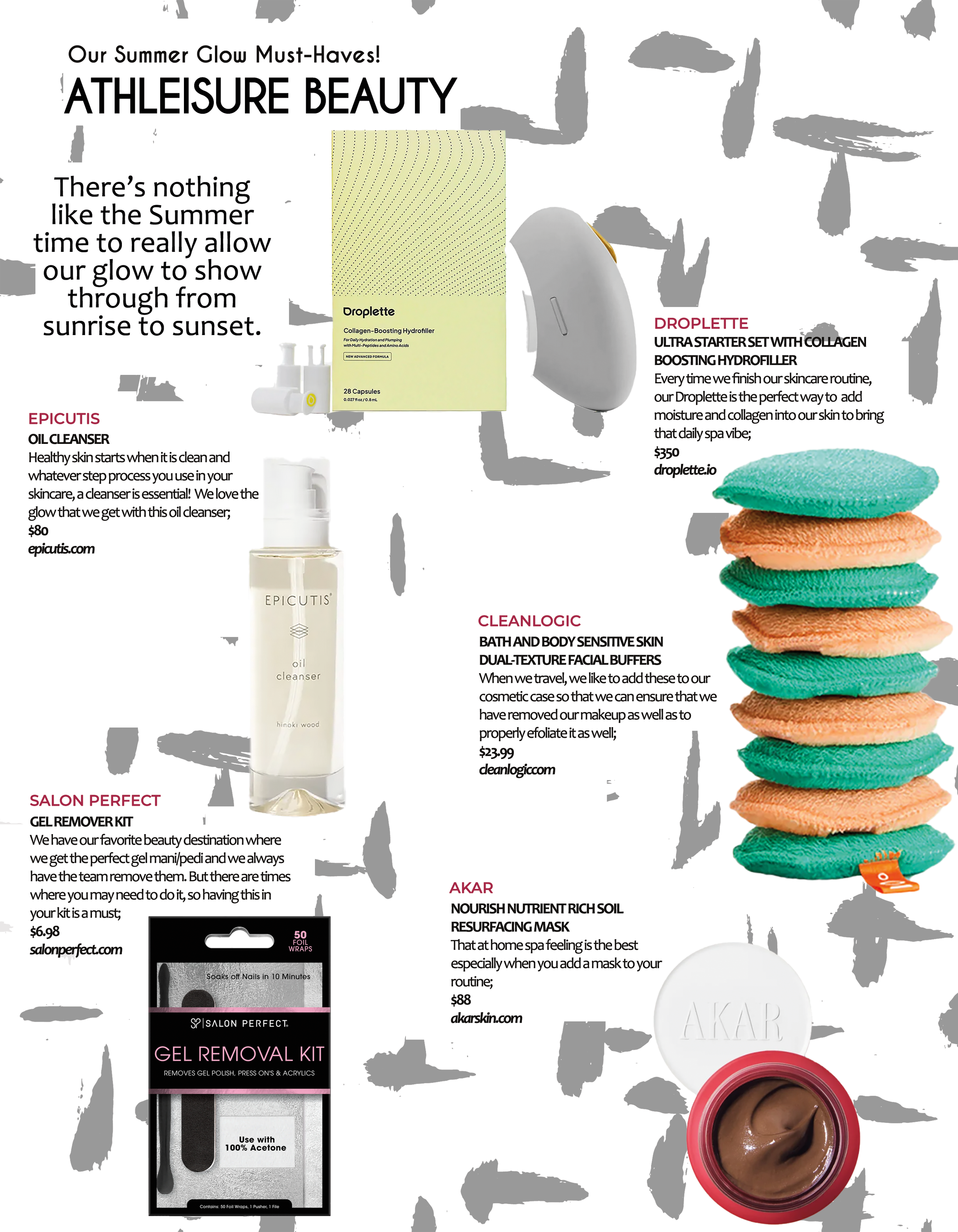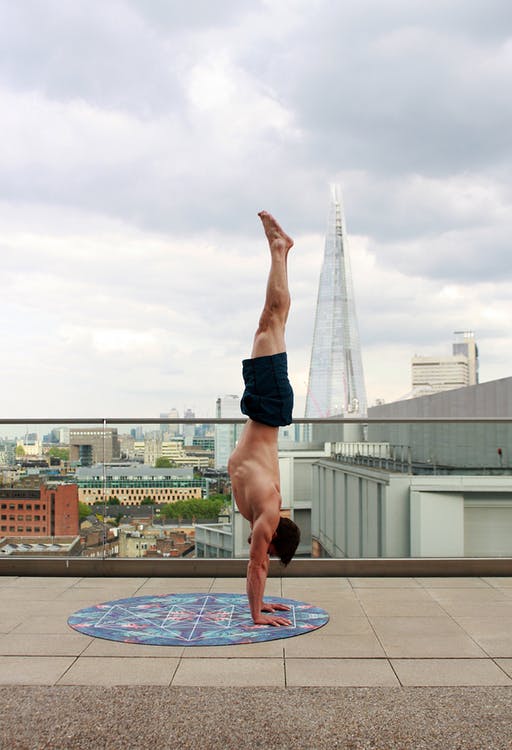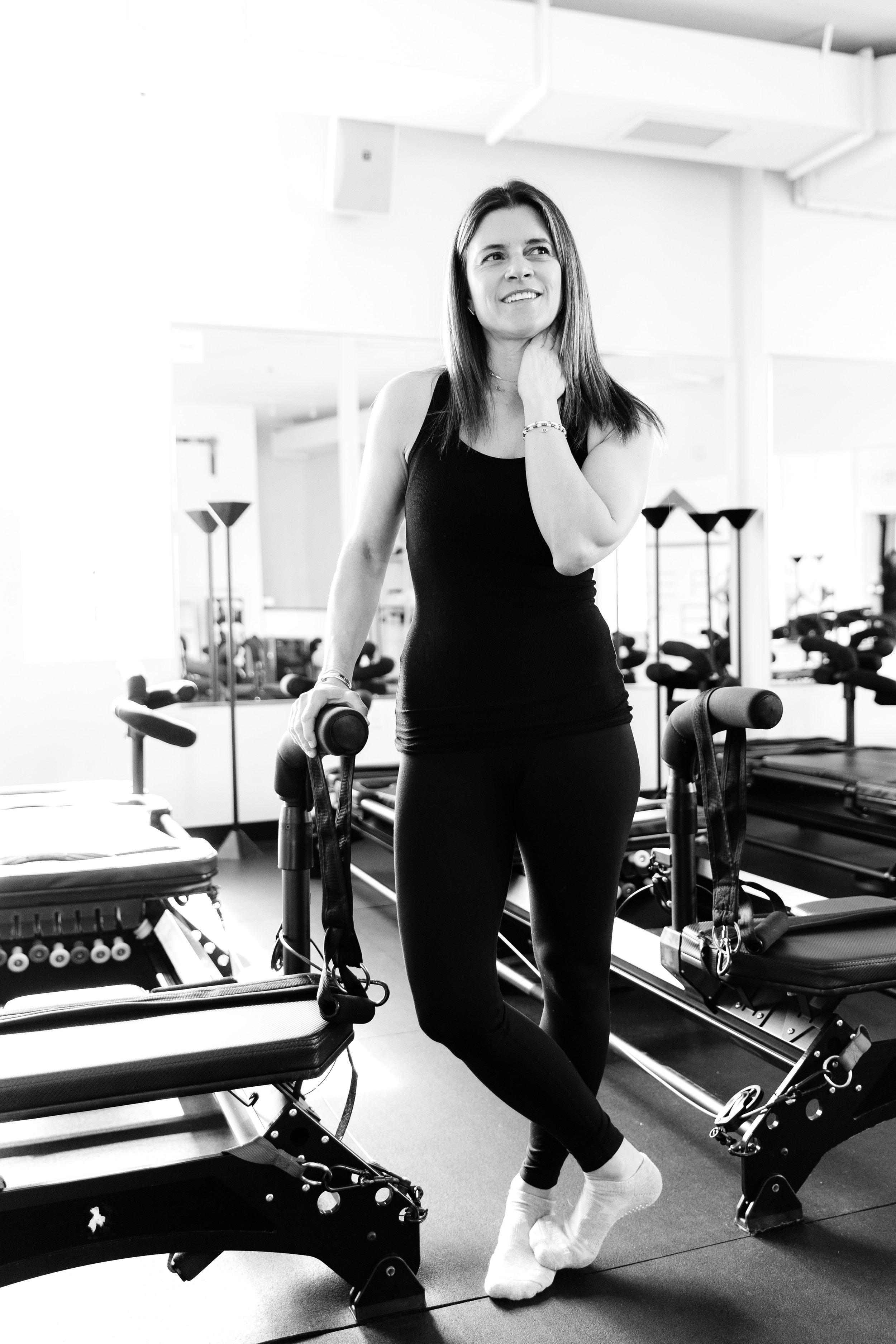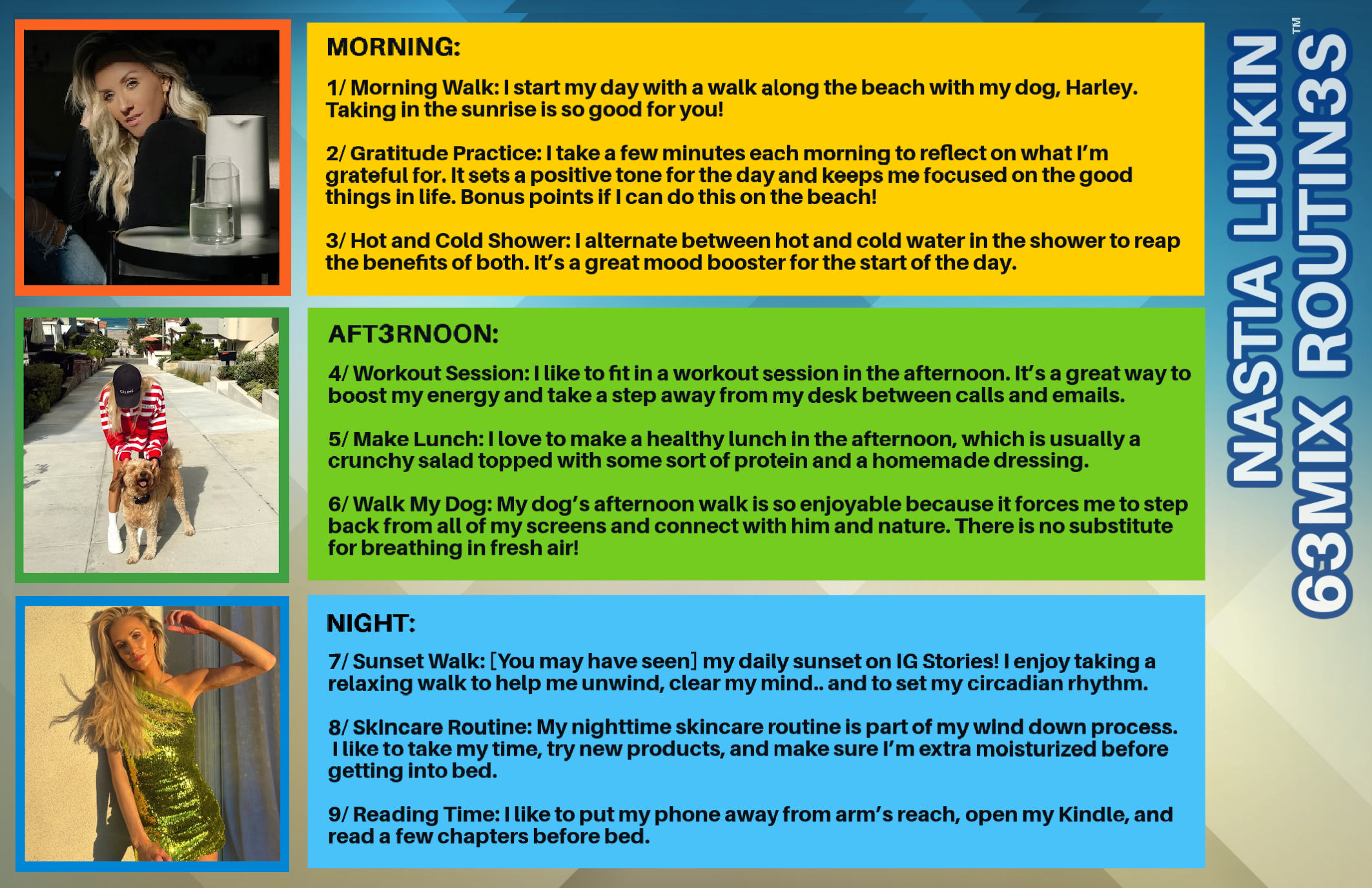Many people in their 20’s are stressed out about high post-college student loan debt requiring long work hours and side hustles to pay it off. They’re noticing their work hard play hard lifestyle is leading to tired eyes and premature wrinkles. They turn to filters to optimize their social media photos. Many are influenced by celebrities their age not to mention the countless millennial “social media influencers” who are setting the new standard for beauty and youth. Bottomline, millennials are stressed, and they don’t want to look it. Dr. Manesh Shah, Board-Certified Plastic Surgeon who specializes in facial plastic surgery urges the under 30 crowd not to overdo it with expensive treatments and procedures that can actually make them look older and put them further into debt. Here is his list of 6 things millennials can do to maintain their youth.
1. Use sunblock every day.
“The best way to make sure your face is protected from the sun is to use a daily moisturizer with SPF of no less than 30,” explains Dr. Shah. He also suggests applying creams to your neck and chest to postpone wrinkling and sagging in these areas. “The sun protection done daily in your 20’s will pay off greatly in your 40’s,” he says.
2. Get your Vitamin C.
“Vitamin C is a huge collagen booster and it also reduces pores and brightens skin, and these are the exact things women in their late 30’s and 40’s complain about most,” he reveals. Foods such as cantaloupe, mango, pineapples, oranges, grapefruits, and berries are all packed with this antioxidant which when eaten regularly does wonders to sustain a youthful glow.
3. Ditch the fast food and eat more fish.
Those late night post partying fries and pizza are to be expected and at 25 are difficult to avoid. Perhaps your metabolism can handle it, for now. Offset these weekend indulgences by eating fish during the week. “Fish oil has fatty acids can erase early wrinkles you may notice. It prevents inflammation which can only make wrinkles more noticeable and deeper over time. A lot of millennials who are picky eaters and avoid seafood can get Omega-3’s via supplements but getting it directly from eating fish is best,” Dr. Shah suggests.
4. Quit smoking.
Nothing will age you quicker than smoking. “It is possible for a 25-year-old to look 8-5 years younger, within just 3 months after quitting smoking. This number increases after age 30. Women over age 40 who don’t smoke typically look up to a decade younger than their counterparts who still smoke,” says Dr. Shah. There are a gazillion reasons to quit smoking. Linking it to vanity is a pretty powerful motivator.
5. Decrease your sugar intake.
You really want to start getting mindful about your sugar intake in your 20’s for many different reasons. “Sugars and carbohydrates are a beauty killer because they are proinflammatory. Pasta, ketchup, candy, ice cream, and fruit juices are often dietary staples for those under 30. Any inflammation in the body will show up on the face in the form of adult acne, sagging and wrinkling not to mention sallow skin tone,” warns Dr. Shah.
6. Maintain your glow with facials and peels.
While many millennials are starting off with “Baby Botox” which can postpone wrinkling, Botox isn’t cheap. It also can be a “gateway” treatment which leads to lip injections and fillers that oftentimes have a reverse effect making younger women appear older, cautions Dr. Shah. “Lasers and peels have come very far, offer and excellent solution for sun damage, skin texture, pores, acne scarring and cell turnover to stimulate collagen growth. These treatments are still a bit costly for millennials, many of whom are on a strict budget,” he adds.
Dr. Shah concludes that millennials who get into a good solid habit of taking care of themselves both inside and out, will create a lifestyle of longevity. “Millennials raised by mothers who may have had breast implants, Botox, lip injections feel that getting things “done” is normal. This is exactly why I am always very honest when advising patients under 25 on procedures they’re considering.”
Read the latest from Athleisure Mag.







